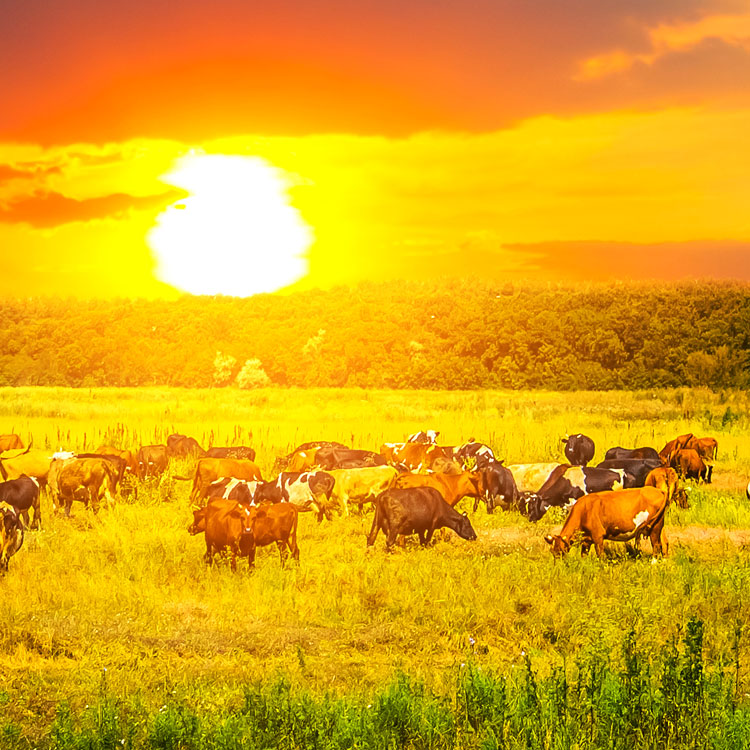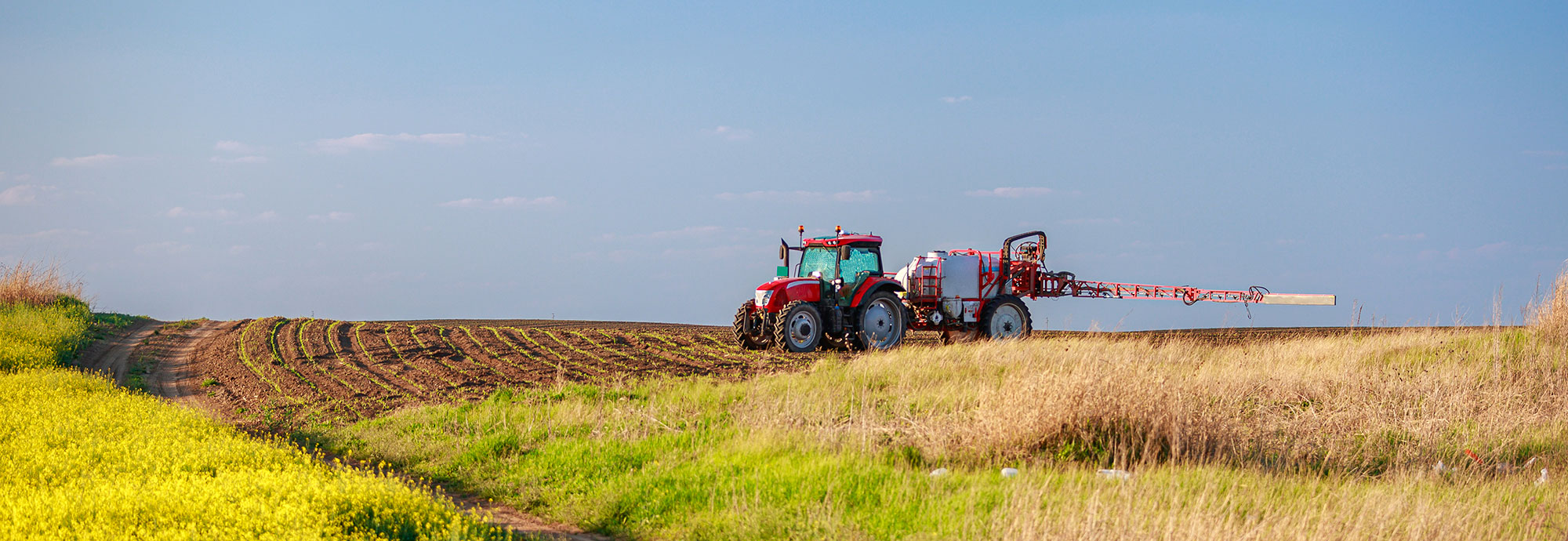
WORKING TOGETHER TO PROTECT AGRICULTURAL LAND
There are numerous farms and ranches along Trans-Northern Pipelines Inc. (TNPI)’s pipeline route. In these areas, we work closely with those conducting agricultural activities to ensure they can conduct their daily activities safely while protecting the safety of the pipeline.
Approval is required for any activity that causes a ground disturbance along the pipeline right-of-way or within 30 metres measured on either side from the pipeline centre (called the “prescribed” or “controlled area” depending on where you live). These activities include, but are not limited to:
- Putting up a fence, poles or posts.
- Installing drainage or irrigation systems.
- Planting or removing trees, stumps or shrubs.
- Trenching.
- Clearing ditches.
- Deep plowing.
- Topsoil stripping.
- Augering.
- Sub-soiling.
- Altering the depth of soil.
If you are uncertain about a given activity, contact us. For your safety and the safety of your community, your land, and the environment, never assume the depth of the pipeline or the location of other underground utilities in the area.
Prior to your work commencing (and depending on your area), either Utility Safety Partners, Ontario One Call, or Quebec’s Info-Excavation will notify us should your work be in the vicinity of our pipeline. We will contact you within three working days to verify that the work can be done safely, and discuss any approvals that might be required.
DOES YOUR WORK ALSO INVOLVE THE USE OF HEAVY MACHINERY NEAR THE PIPELINE?
In some circumstances, heavy machinery can be used near a pipeline. For example, vehicles or mobile equipment can operate across pipelines if:
- Operated within the travelled portion of a public road or highway.
- The loaded axle weight and tire pressures of the vehicle are within the manufacturer’s approved limits and operating guidelines.
- The area has not been identified by us as an area where operating vehicles or equipment could impair the safety or integrity of the pipeline.
These conditions apply to vehicles or mobile equipment used for agricultural activities in the production of crops and the raising of animals, and includes pasturing and cultivation activities such as tillage, plowing, disking, and harrowing.
But, some farm activities can endanger the safety of the pipeline and therefore require approval prior to commencing work.
If so, contact us at [email protected], in Ontario and Quebec, or [email protected], in Alberta, to secure a crossing agreement. We will provide assistance through the permit process, ensuring the project proceeds safely and efficiently.
When you contact us, we will:
- Verify the location of the pipeline1.
- Discuss permit requirements.
- Issue consent or explain why consent cannot be issue, and visit the site to mark the pipeline and right-of-way limits so everyone knows where the pipeline is located2.
- Send an inspector, if needed.
HAS YOUR AGRICULTURAL LAND USE CHANGED?
Please let us know by contacting us by email at [email protected] or using our website’s contact form, and include details on how we can best reach you with any questions we may have.
About the CER/AER
For more information regarding the regulator and the regulations regarding agricultural activity, please visit:
1 Verification varies by region and will occur within 2 business days in Alberta, 3 in Quebec, and 5 in Ontario.
2 Timelines for issuing consent vary by region, and will occur within 10 business days in Ontario & Quebec, and 21 days in Alberta.

